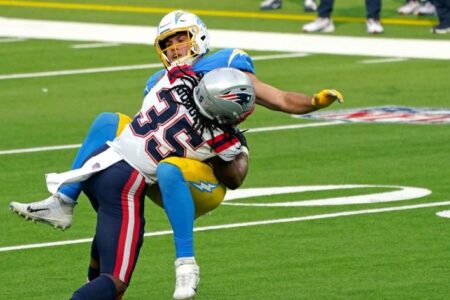I was a student athlete in college. I understand how it works. The "Some kids' education is a farce" line isn't really a legitimate point. It's an opinion, not a fact.
First, you generally get out what you put in. Second, if you decide not to worry about the education aspect (for whatever reason), you still get the opportunity to play your sport, (hopefully) be better trained in it, and (hopefully) be put in a position where, if you have sufficient talent, you are discovered, while having room and board covered.
I know. So what? Not every sport is a scholarship sport. What do you think's going to happen if every player has to get paid? Do you think the school's more likely to magically discover enough money to give $30k salaries for the guys on the freshman baseball team or to eliminate the freshman baseball team?
I absolutely despise the NCAA, for a lot of reasons. The notion that the players aren't getting paid, however, is not an honest notion.


















